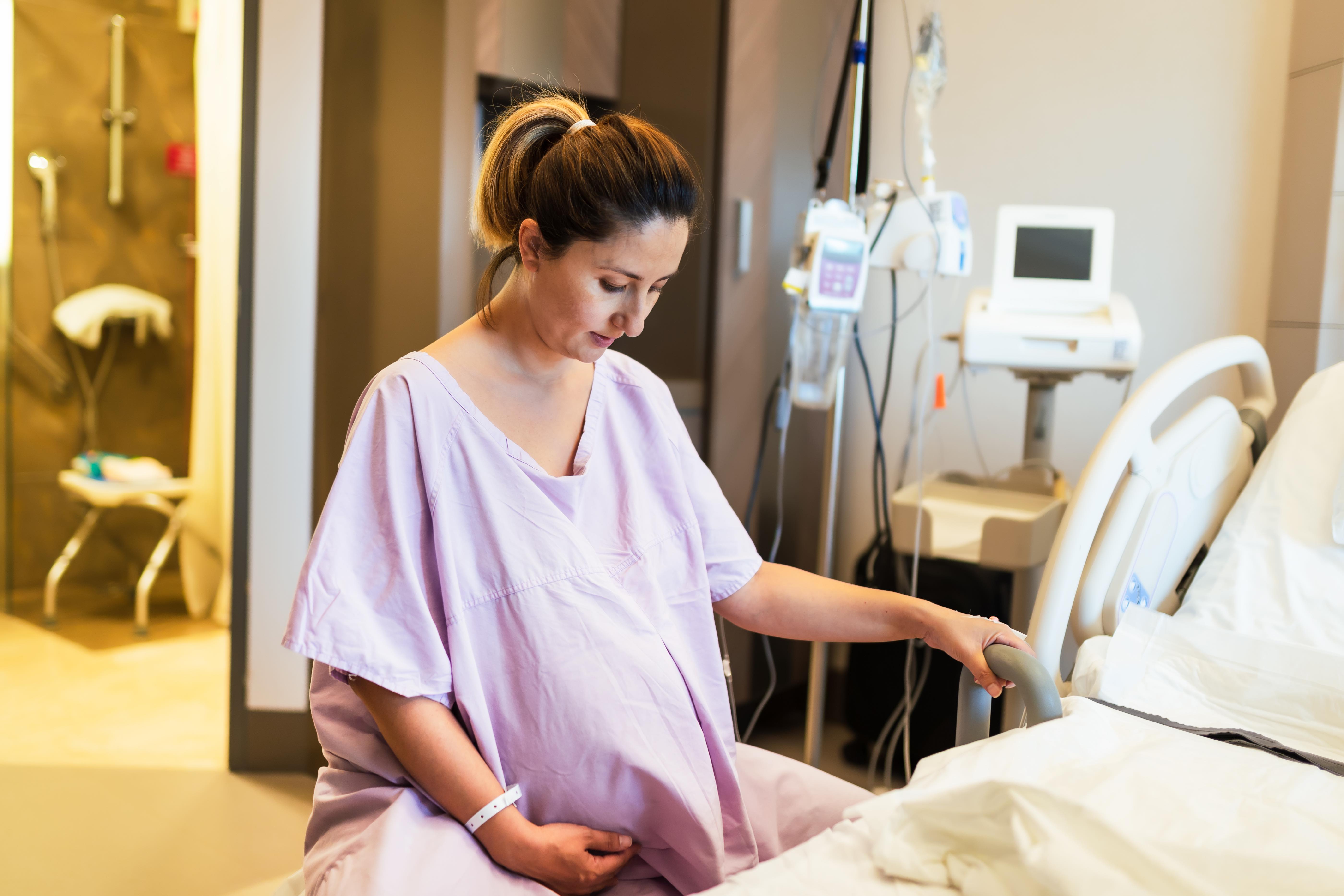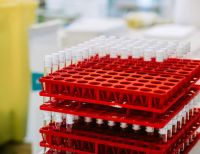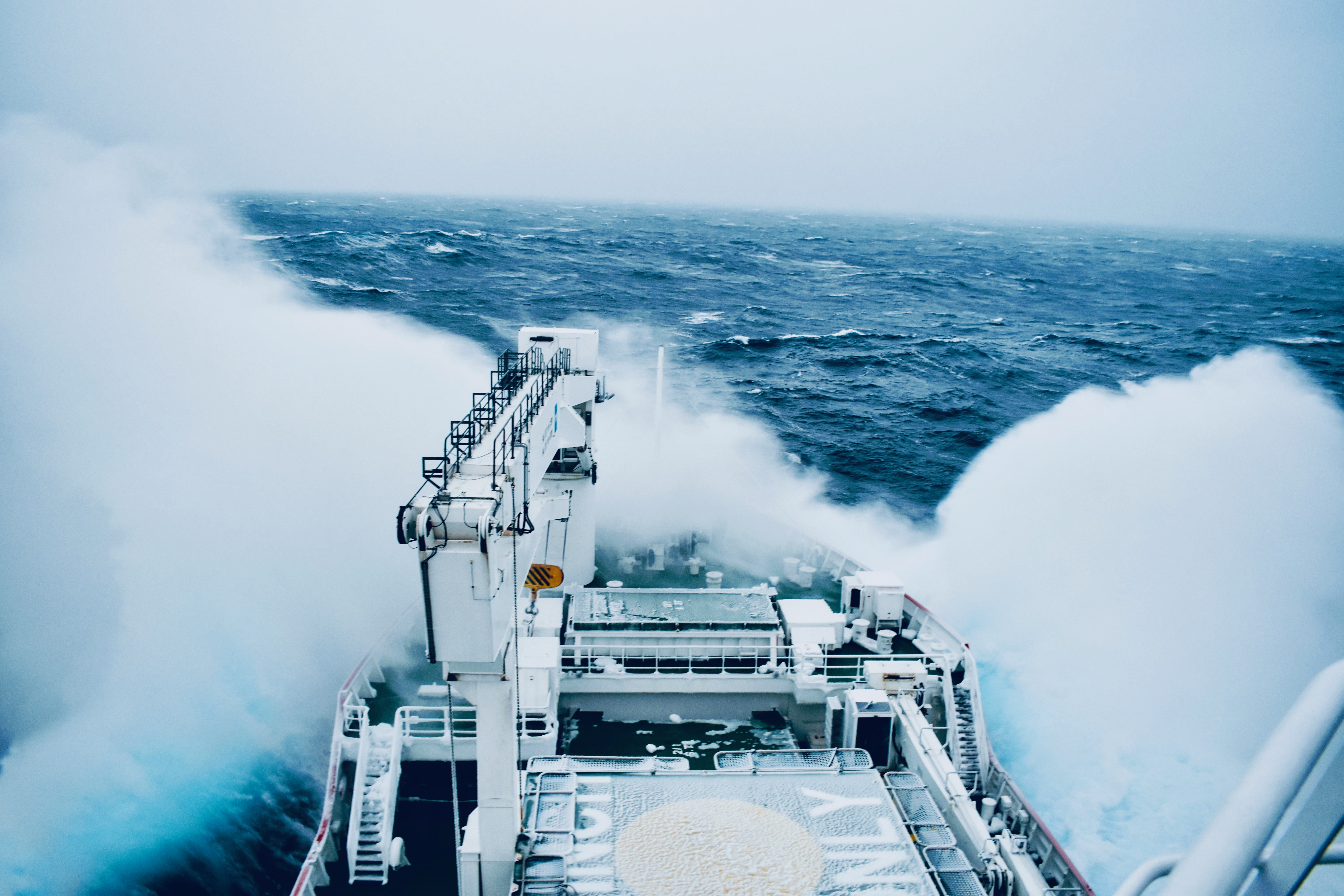 Mothers choosing to induce labour at 39 weeks have better health outcomes
Mothers choosing to induce labour at 39 weeks have better health outcomes
A new study of more than 1.6 million women has found elective induction of labour at 39 weeks gestation is associated with a 37 per cent decreased risk of perineal injury for labouring mothers.
The study, from the University of Melbourne Department of Obstetrics and Gynaecology and published in the international Journal of the American Medical Association Network Open, pooled data from 14 studies of women and examined the impact of bringing birth forward to 39 weeks on outcomes for both mother and baby.
Project co-lead from the University of Melbourne, Dr Roxanne Hastie, said the findings were reassuring given the rising number of women birthing via induction of labour.
“Over 40 per cent of labours are now induced at 39 weeks in Australia, a procedure which involves the clinician intentionally kickstarting labour a week prior to full term,” Dr Hastie said.
“We know that inducing labour early is safe for babies. But is it better for the mum? This study is the first to confirm that inducing labour seems to protect mums.”
Co-author and obstetric clinician, Dr James Hong, said the new study shows that women who are induced at 39 weeks are less likely to experience serious perineal injury (including third- or fourth-degree tears).
“We also found that inducing labour reduced the likelihood of having an operative birth (with forceps or vacuum extraction),” Dr Hong said.
Obstetrician and project co-lead, Dr Anthea Lindquist, said the findings of the review were significant.
“Perineal injury is a significant concern for many women when considering when and how to birth,” Dr Lindquist said.
“These findings are important and should be used to inform shared decision making between women and their health care providers when deciding when and how to birth.”
In Australia, severe perineal injury affects up to one in twenty women who have a vaginal birth and these injuries often require surgery and can take many months to heal.
The study has also confirmed previous findings that that among first-time mothers, induction at 39 weeks reduces the need for emergency caesarean section.














